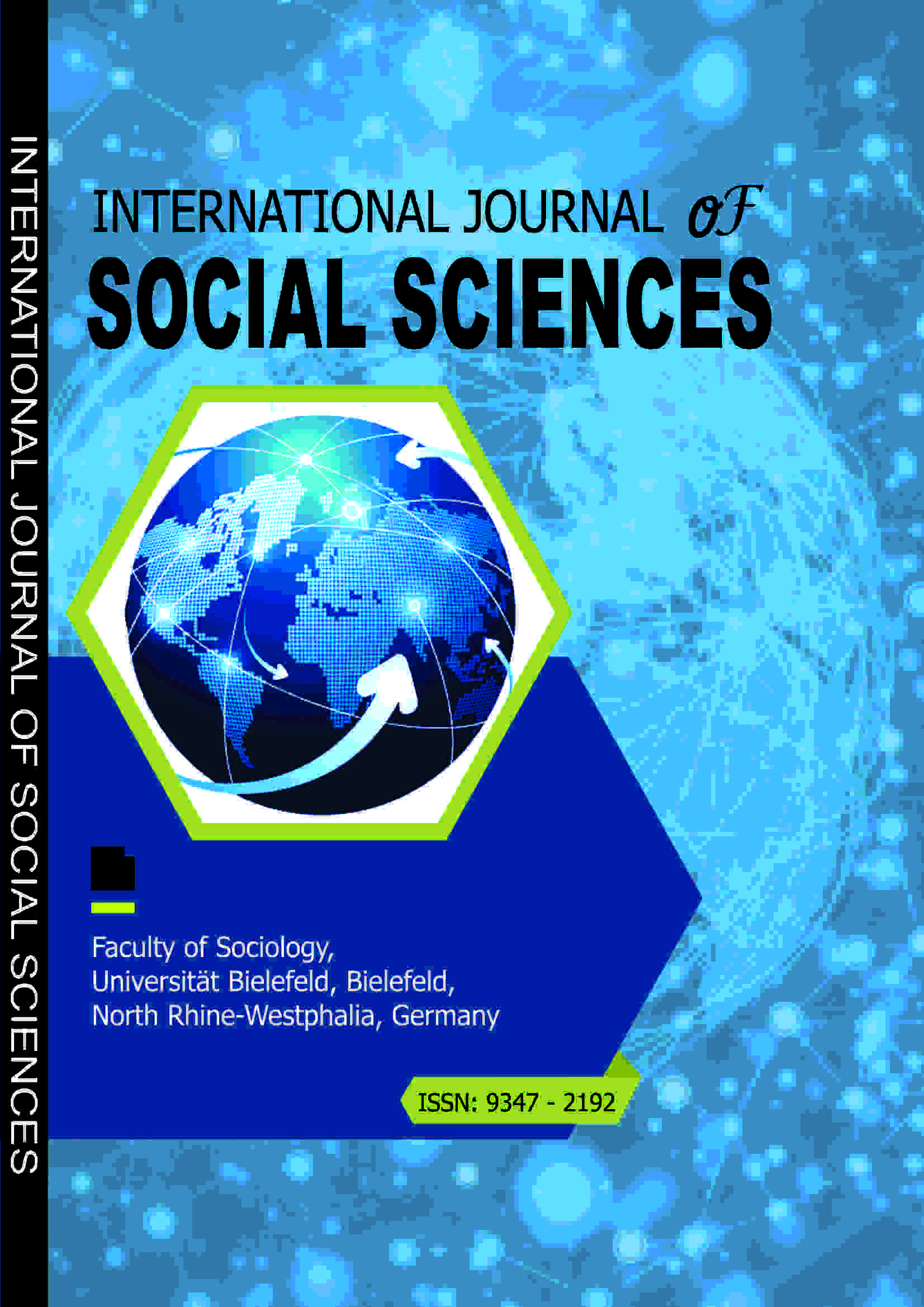INTERNATIONAL JOURNAL OF SOCIAL SCIENCES (IJSS)
Browning and the Concept of the Soul: A Spiritual Journey through Poetry
E-ISSN: 7885-4322
P-ISSN: 9347-2192
DOI: https://iigdpublishers.com/article/871
Robert Browning, one of the most prominent Victorian poets, engaged deeply with metaphysical and spiritual questions through his dramatic monologues and psychological verse. His poetry reflects a continuous preoccupation with the soul's development, its trials in the material world, and its ultimate destiny. Browning’s concept of the soul encompasses a spiritual pilgrimage—a journey marked by struggle, moral testing, doubt, and divine aspiration. This introduction explores the spiritual undercurrents in Browning's work, analyzing how he conceives the soul not as a passive recipient of grace but as an active, striving, imperfect entity constantly moving toward a higher moral and spiritual reality. His poetry engages with themes such as immortality, divine justice, human fallibility, love as a spiritual catalyst, and the dialectic between doubt and faith. Browning’s soul is dynamic, ever-evolving, and inseparably tied to the poetic form he uses—particularly the dramatic monologue. Through works like Rabbi Ben Ezra, Andrea del Sarto, A Death in the Desert, and Paracelsus, Browning invites readers on a spiritual journey that is not linear or conclusive but marked by transformation, struggle, and transcendence.
Digvijay Singh PhD
Abrams, M. H. (1999). The mirror and the lamp: Romantic theory and the critical tradition. Oxford University Press.
Armstrong, I. (1993). Robert Browning. Longman.
Barrett, F. (2010). Faith in Victorian poetry: Religion and literary form. Oxford University Press.
Bloom, H. (Ed.). (2003). Robert Browning (Bloom's Modern Critical Views). Chelsea House.
Buckler, W. E. (1951). The Victorian imagination: Essays in aesthetic exploration. Harvard University Press.
